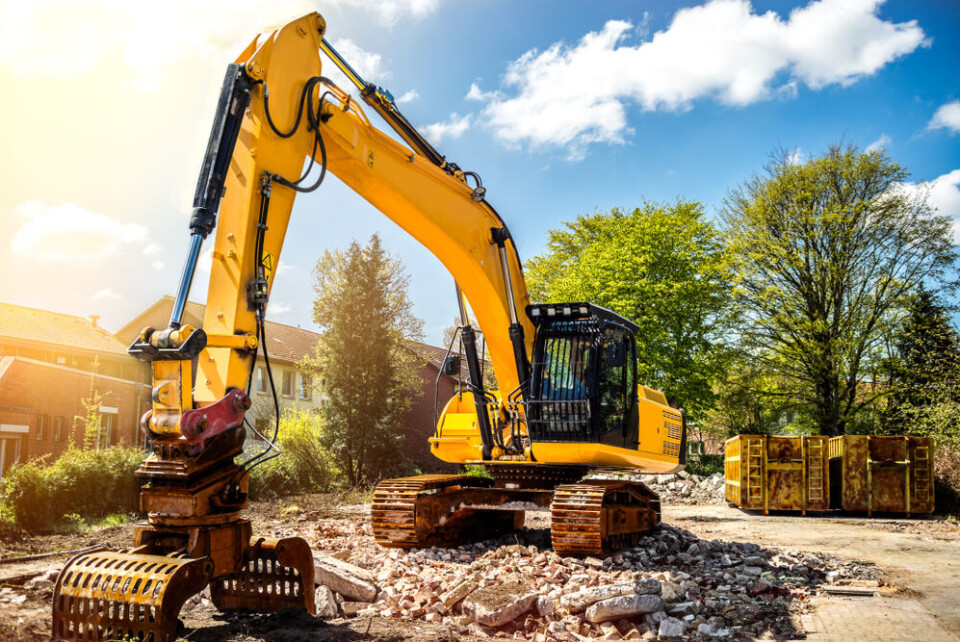-
French city increases ‘bin tax’ by more than 90% in five years
The city is not the only one to increase the tax by a significant percentage
-
What is the tontine option for property in France?
Option should be considered if buying for the first time
-
Is it possible to transfer my apartment to my daughter in France?
Gifting only residual ownership is one of many options
What are the rules for demolishing and rebuilding property in France?
Matthew Cameron, partner with Ashtons Legal, answers a reader query

Reader Question: I am considering buying a French property which I would demolish to build a new home on the site. What are the rules for this?
France has well-established procedures that apply when you are looking to carry out development work on a property.
Less known is the fact that permission is also required to demolish a building.
There is, of course, logic in this.
Part of the rationale of the planning process is to have an up-to-date directory of properties in each region, so it is important to authorise the destruction of one, just as it is the construction.
Planning authorities also want to control building location, type and density in a region to take into account many local influences.
Land is generally split into different zones for planning purposes.
Where it is designated agricultural or non-constructible, it follows that new building projects will probably be hard to justify, if not impossible.
Provided, however, that a building conforms to pre-existing planning regulations, it is usually permissible to replace it ‘like for like’.
Famous example used as cautionary tale
This is all-important when it comes to considering not just construction applications, but also demolition.
There is a much-discussed case in which a property owner wanted to demolish and then rebuild.
They duly submitted an application to knock down the existing building, which was granted.
Yet their subsequent request to construct a new house was refused, as the property was situated in a non-constructible zone.
Once they had demolished the existing building, there was no ‘footprint’ left, so no option to replace it.
This is a rather extreme and rare example.
It does, however, highlight the importance of detailed preparation when looking to develop land.
Planning rules are complex and vary between areas. The extra expense of commissioning the expertise of a planning consultant or architect will be worthwhile.
























